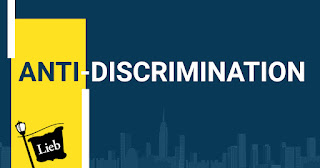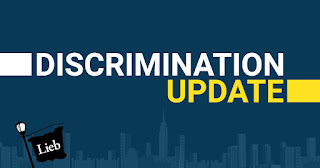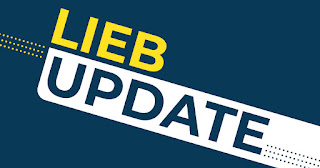Everywhere you look, the media is saying TX isn't permitting employer vaccine mandates, but that is NOT what is happening. To be clear, vaccine mandates are still permissible in TX.
You can read Governor Abbott's Executive Order GA-40 here.
As you can clearly see, all the Order prohibits are vaccine mandates that do not provide a mechanism for those who object to the "vaccination for any reason of personal conscience, based on religious belief, or for medical reasons, including prior recovery from COVID-19."
This is almost entirely consistent with existing law and how, just about, every court case is shaking out with respect to vaccine mandates, with a few minor wrinkles that can't be ignored. The two wrinkles in the Order are:
- Not utilizing the term "sincerely held" prior to "religious beliefs," which thereby seems to expand the standard in protecting religion, which doesn't appear legally problematic; and,
- Misstating the disability / handicap prong.
- Under existing disability / handicap law, an accommodation is never available just because the existence of a disability / handicap renders the policy (i.e., vaccination) unnecessary, which appears to be the intention of the wording where it states, "including prior recovery from COVID-19."
- Instead, under existing law, an accommodation is only available where a disability or handicap requires an accommodation for equality to exist. Stated otherwise, one needs a qualifying disability to receive an accommodation in the first instance, without it, there is nothing to accommodate.
- To be clear, under existing law, having had recovered from COVID-19 is NOT a disability that is recognized. We wonder how this aspect of the Order will shake out and more so, how the Supremacy Clause will shake out if / when the Federal Government responds.
Do you see the distinction? Does the distinction matter?












